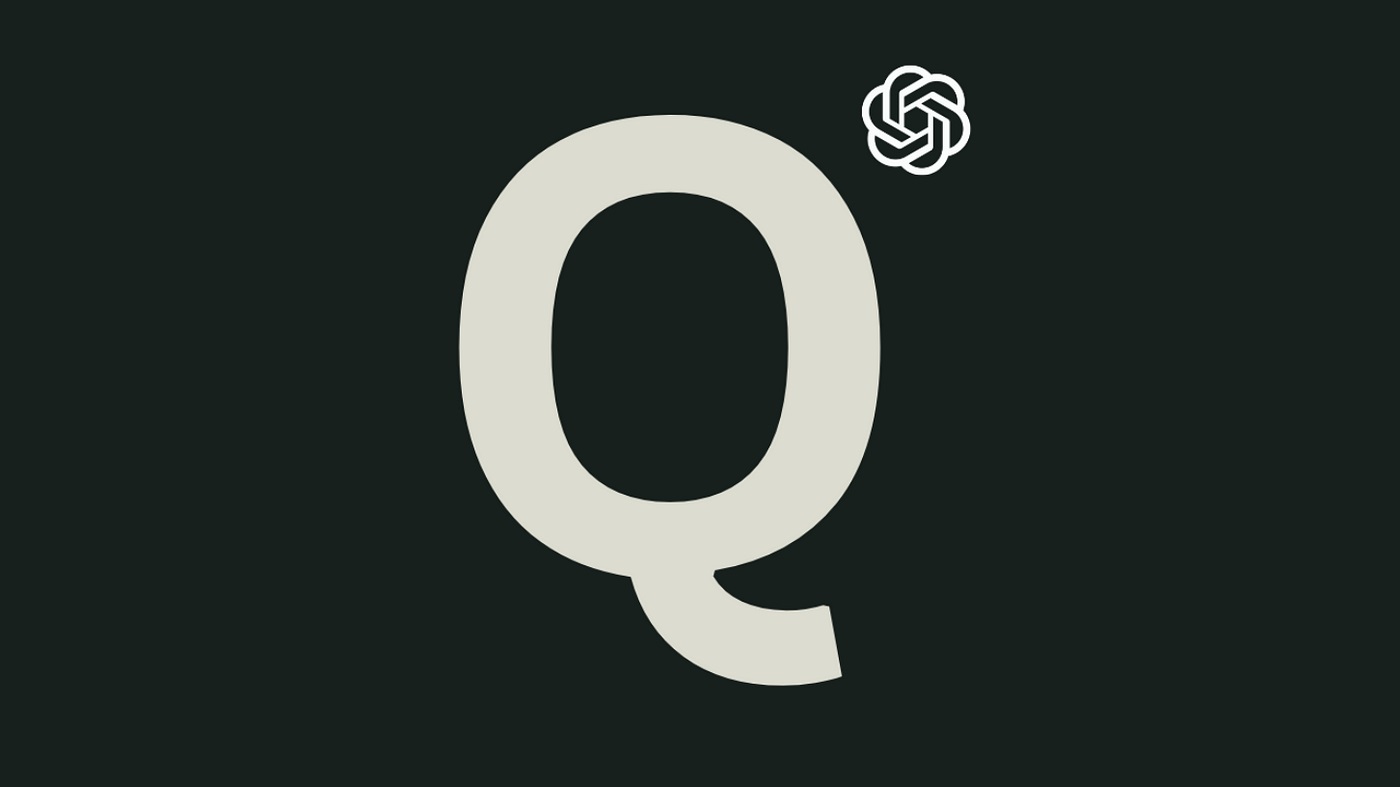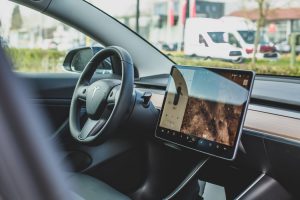The use of Artificial Intelligence (AI) has tremendously changed the way we see and understand how this advanced technology can make our lives more digestible. As much as the integration of AI brings more good than harm in our day-to-day lives, it does come with its own set of drawbacks. While it may not be the most significant for you, it certainly does for a lot of people. Here’s what you need to know about the dangers of AI before you willfully dive into it.
Understanding the Application of AI
Known more formally as Artificial Intelligence, AI has delivered a crucial and innovative approach for organizations that have the means and the willingness to integrate it. It has garnered massive popularity and momentum over the past decade. With the world becoming more digital, AI applications have the power to handle and process large amounts of data in numerous innovative ways. There are different kinds of AI to process and manage a diverse range of tasks, ranging from driving cars and smart home assistants to facial recognition.
In terms of supply chain management and logistics, artificial intelligence can enhance the delivery traffic’s route to provide quicker delivery times and improve fuel efficiency. One of the most popular apps with AI integration is Waze.
In terms of sales, integrating past historical data with customer demographics and social media can provide tailored results to clients. For example, if you’ve recently browsed a specific item from any e-commerce platform, you’ll eventually see ad recommendations popping up on your Facebook feeds related to your shopping history.
That said, artificial intelligence can boost predictive analysis and maintenance. It has the capacity to analyze large amounts of data, ranging from audio to images, to identify anomalies in assembly lines or automatic engines. We can utilize the integration of deep learning or machine learning methods to tailor artificial intelligence for completing a variety of tasks and goals.
Little did you know there’s a possible danger of AI, however.
To provide you with a comprehensive overview, here are some of the different applications of AI:


Aviation
With artificial intelligence, the Air Operations Division utilizes it for training purposes. It’s utilized for supporting tactical decisions, training and combat simulators, and mission management operations. Airplane simulators come with with artificial intelligence to handle and process large amounts of data from simulated aircraft warfare or training flights.
Big Data Research
AI has greatly helped in handling and processing massive amounts of structured and unstructured data. Artificial intelligence has assisted several businesses and organizations in exploring new insights that were previously hidden in stored data. With discovering these hidden pieces of information, AI helped develop a diverse range of businesses as well as resolved some of the world’s most complex issues and challenges.
Customer Management Systems
AI applications are also used to transform customer relationship management systems. Some software such as Salesforce and Zoho require substantial human intervention to maintain accuracy. Through AI technology, many apps alter into self-updating or auto-correcting platforms that effectively handle and process data without consistent system glitches.
Education
A comprehensive and promising innovation is the primary concept of a general artificial intelligence tutor for each learner. Since teachers generally become overwhelmed with numerous students to handle, an AI-powered tutor will help them to provide additional help in subjects students find difficult. Numerous schools have offered online learning through centralized learning management systems operated by AI.
Finance
There are numerous products in existence that utilize AI technology to assist individuals in managing their finances. For example, software tech companies developed AI-powered apps that automatically assist customers in optimizing their spending habits based on their spending behavior and goals.
It analyzes monthly wage, current balance, and spending habits. The majority of banks nowadays have switched to mobile banking apps with AI tech for money transfers, balance checks, and bill payments.
Financial Trading
Numerous financial institutions, proprietary trading firms, and banks have their portfolios integrated with AI technology. Also, complex AI applications are utilized in algorithmic trading. They come up with trading decisions faster compared to humans. Through AI technology, it’s possible to have millions of trades done daily without human intervention.
Hospitals and Medicine
Through the integration of Artificial Intelligence in medicine, we now have numerous devices and apps to help patients with diabetes to monitor and regulate their blood sugar levels and sugar intake. With AI technology, it can automate prescription refills and connect patients with the appropriate customer support channels.
As AI continues to expand, a diverse range of innovations can happen within the healthcare industry, including more comprehensive and advanced treatment plans, drug creation, mining medical records, and robots as companions for elderly care.
Self-Driving Vehicles
This is one of the controversial concepts of AI technology. With the news of the self-driving Uber killing a pedestrian in 2018, it raised doubts about AI in terms of safety and usage in vehicles and transportation. After all, safety should be one of the main priorities of adapting AI technology when replacing human intervention.
Sensors
Artificial intelligence has already been integrated with numerous sensor technologies supporting different manufacturing industries and smart cities. Different types of sensors are combined with the Internet of Things (IoT) and are utilized to gather data the AI will process to make informed decisions. These devices are used to help vehicles when parking, ensure vehicle safety, and monitor traffic conditions.
What Is the Future of AI?


When talking about the future of AI, it’s safe to say that AI has definitely impacted every human being and every industry. The AI trend has been the frontrunner when it comes to businesses and companies switching to automation and innovation. Also, Artificial Intelligence is the main driver of evolving technologies such as IoT, robotics, and big data. As a result, AI continues to become the primary technological innovator in the foreseeable future.
Little did you know that the future of AI that we’ve been talking about since the past few years is already happening. As you’ve noticed, there is no major industry that hasn’t adapted to general artificial intelligence that’s rampant today. With smartphones alone, AI technology improves every user experience through a smartphone’s diverse range of features.
Some industries are starting their journey to AI integration in baby steps while other companies are already veterans in dealing with such a complex system. However, both newbies and long-time AI users have a long way to go before they can maximize the tech’s potential.
Regardless of what happens with AI development, the impact of AI in today’s modern world is inevitable.
What Are the Potential Risks of AI?


1. Invasion of Data Privacy
One of the potential dangers of AI is that you will no longer have privacy in everything you do online. If you’ve noticed, your Facebook timeline is bombarded with ads that relate to the item you purchased on an e-commerce platform earlier. Every person’s online online as well as their daily behavior are being tracked. Because of AI, facial recognition algorithms are aware of your identity as well as CCTVs everywhere.
The more concrete example of this danger of AI is China’s reformed social credit surveillance system. This Black Mirror-like policy gives every Chinese citizen a personal score according to a set of standard criteria. China can track activities such as playing video games, smoking in non-smoking areas, and jaywalking before altering your personal score. This effort in disciplining its citizens—to reward trustworthy and law-abiding citizens and punish those who aren’t. As a result, someone is watching your every move and is judging you based on that surveillance. The drawback is that it’s not only a threat to privacy, but is also a powerful tool for social oppression.
2. Self-Crashing Vehicles


As mentioned above, the fatal self-driving Uber accident raised questions regarding the potential dangers of AI on road safety. It’s by far the most fatal incident of its kind, and investigators conclude that Uber’s AI technology had failed in the most catastrophic way. That said, it could have been easily prevented if there were proper testing procedures and isolated locations for testing its accuracy and safety.
AI integrations are already moving towards self-driving vehicles. However, the Uber case showcased that it’s not the best option yet. Safety is still the main priority for people, and AI developments for self-driving vehicles may take decades or more before it can be completely safe for passengers and pedestrians alike.
3. Loss of Skills


With the emergence of AI technology, the loss of skills is one of the most significant threats AI posts. People are losing jobs because smartphones, computers, and robots have replaced them. Smart apps and programs make people’s lives easier, faster, and more productive. Due to this, a lot of us are becoming increasingly reliant on technology. People, in turn, are beginning to lose essential skills that they use in their everyday lives.
Nowadays, customer service has slowly integrated automated replies, chatbots, and pre-recorded templates to help customers with their inquiries. If this will become the norm, many third-world countries will suffer since the majority of these countries have BPOs that employ thousands for customer service jobs.
4. Discrimination
Through AI integration, machines have the ability to gather, track, and analyze sensitive data about you. As a result, those machines can utilize sensitive data against you. It’s a likely occurrence that insurance companies will reject your application since the camera detected you numerous of times talking to your smartphones while driving on the highway. Also, another potential danger of AI in terms of discrimination is that a potential employer will withhold an employment contract based on a person’s social credit score.
5. Autonomous Weapons


Autonomous weapons have become the epitome of the threat AI can pose. Elon Musk even warned the United Nations that autonomous weapons will become a potential threat to humanity. It doesn’t only restrict military equipment, but also ordinary people. Since AI technology is getting more and more user-friendly, cheaper, and accessible for everyone, it’s adding more potential harm especially those people who have malicious intent.
For example, a criminal can buy a drone to autonomously fly. With facial recognition technology, they can recognize the person’s identity and track the person’s whereabouts. In terms of the military, it could be a fateful stepping stone towards supplying AI technology for automating deadly drone attacks. Imagine this, a drone flying above your rooftop has the potential to kill you without you knowing who is responsible for flying the drone.
Indeed, it’s one of the potential dangers of AI that needs to be addressed.
6. Social Manipulation
Through AI-powered algorithms, social media become an effective platform for target marketing. They have the power to reveal our identity, our preferences, and personalities through predictive analysis and programming. A prime example is the Cambridge Analytica scandal that disrupted the 2016 presidential elections. While it’s still not confirmed, AI has already imposed its potential danger in terms of social manipulation. By creating propagandas to individuals identified through sensitive data and AI-powered algorithms, Artificial Intelligence has the power to target specific individuals and spread rumors about them regardless of the format they want.
In A Nutshell
Now that you know the potential dangers AI pose, it’s safe to say that AI is a double-edged sword. Especially in terms of technological advancement and innovation. It’s powerful and can alter people’s lives for the better or worse, depending on how you use it.
Have we missed any potential dangers of AI on our list? If yes, we’d love to see a constructive exchange of opinions in the comments below! That way, you’ll inform other readers regarding the potential dangers of AI that they aren’t aware of.



























